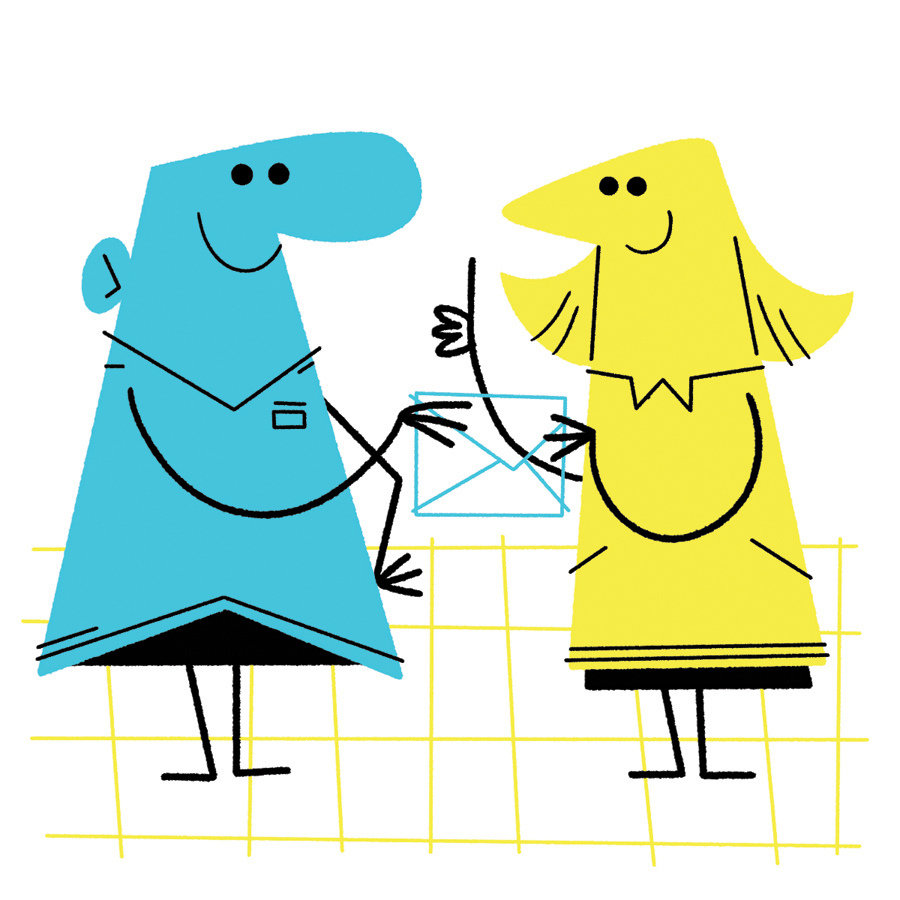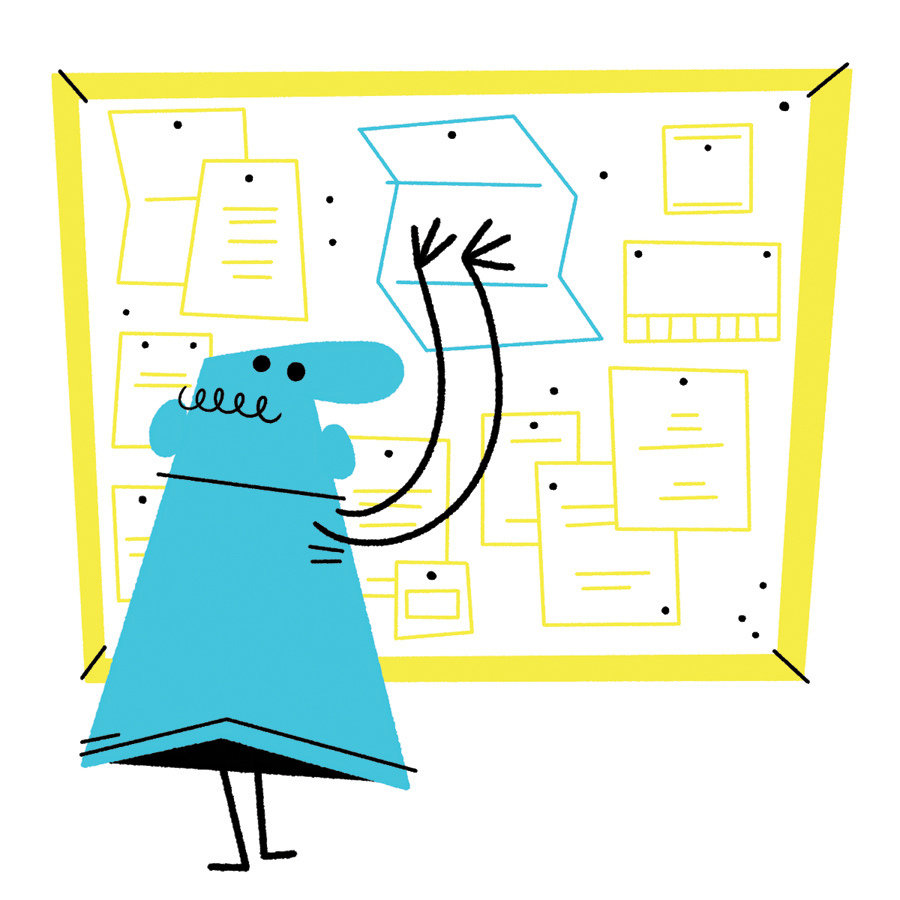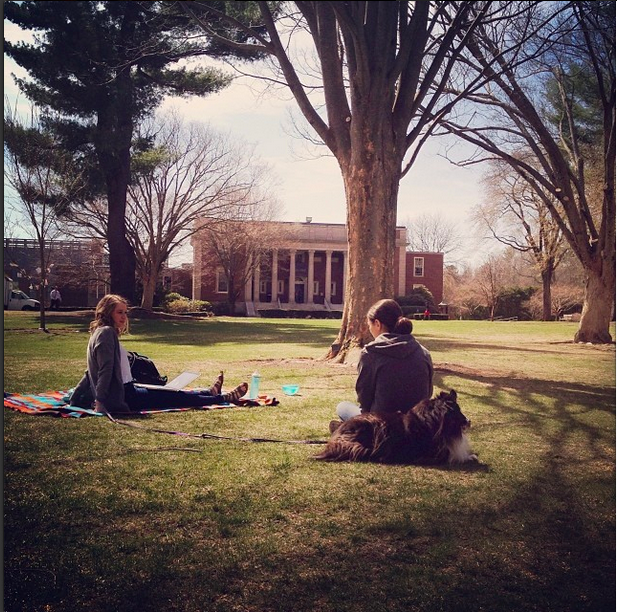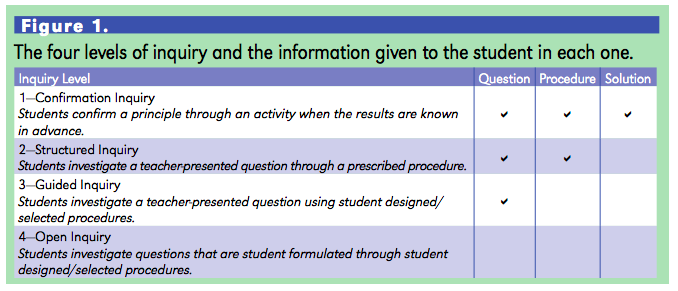All the World's a Laboratory: Inquiry-Based Learning
Experiments in the First Year Seminar Research Lab
Amy Barlow, Humanities Liaison, Wheaton College (MA), 43rd Annual LOEX Conference 2015
tinyurl.com/loexlab
What brings you here today?
-
Review the design and execution of a "Research Lab" pilot program aimed at one-shot instruction in First Year Seminar.
-
Weigh the benefits and costs of inquiry-based learning.
- Swap and devise techniques for integrating collaborative inquiry-based learning in our teaching.

Established 1834
Liberal Arts
1600 students
11:1 student faculty ratio
Class size: 15-20
First Year Seminar
Instagram view of the Wallace Library, students, and fur friend.
DESIGNING THE RESEARCH LAB
(SPRING 2014)
Background on FYS
-
What is it that you wish to teach your students? Name one learning objective.
- What prior knowledge do the students bring and/or what is their academic level?
The idea of a lab appealed to me, as a place where researchers work both independently and collaboratively to solve problems, write reports, and share findings.



He loved his lab.
LAB
Consolidate FYS sessions by merging sections (2-3 sections per lab).
Reduce lecturing. Collaborative learning around a research problem. Group reports and presentation.
Maintain FYS Library Component outcomes.
Use the standardized skill check (assessment).
Envisioning the lab
Design phase
1. Adopted a methodology used by science teachers: Inquiry-based learning
2. Settled on a level of inquiry based on the academic level of First Year students: Structured inquiry
3. Consulted Elizabeth Peterson's "Problem Based Learning as Teaching Strategy" in Critical Library
Instruction: Theories & Methods (2009) for guidance on writing a case study.
Banchi, Heather, and Randy Bell. "The many levels of inquiry: inquiry comes in various forms." Science and Children Oct. 2008: 26.
WANTED
ACHIEVED
Wish List for First Year Seminar Research Lab
- The end of lecturing
- Collaborative inquiry-based learning
- Collaborative writing and presentation in Google Docs
- BYOD (bring your own device)
- Combined multiple sections of FYS
- Use of standardized FYS skill check (assessment)
- Preference of faculty partners/scheduling logistics
- Large classroom spaces with modular furntinture
- Blended/flipped component
- Peer observations
- Based on students’ prior knowledge, what is an appropriate level of inquiry?
- Given the level of inquiry, what kind of task(s) will you assign? Will students work collaboratively or independently?
- Does your design require the use of specific technologies (e.g. Google Docs, blogs, pen and paper, iPad, smart phone, etc.)?
PILOTING THE
FYS RESEARCH LAB
(Fall 2014)
- John Dewey was a fan.
- Studies show that students learn best when they take an active, hands-on approach (Smart and Csapo, 2007).
- Direct instruction relies on rote memorization, which leaves nothing to cling to when we forget. No process or judgement develops.
- Classroom spaces need to be set-up for group work.
- Instructor needs to rethink his/her role and physical presence in the classroom.
- Planning for inquiry-based learning is a ton of work.
- Student engagement can suffer without management and intervention.
- Direct instruction can be best for new skills (Robertson, 2007).
- The results of inquiry-based work can be messy. Direct instruction is the most organized, predictable way to teach and learn.
Inquiry-based learning: Benefits and costs
FACULTY FEEDBACK
Overwhelmingly positive:
- Best library session ever.
- No pedagogical advantage to merging FYS sections.
- Combining FYS was a genius move.
- Prepare students for group work with an ice breaker.
- Inquiry-based learning is the best (highest impact) strategy.
STUDENT ASSESSMENT
Quantitative results are unknown:
- Won't be separating pilot data from all other data.
- Student performance in the library catalog fell a few points, but it was an overall trend. We found a flaw in our new discovery system.
- Qualitative results are waiting for me in the form of "lab reports." I will spend time this summer analyzing them.
-
Where will you teach (e.g. online, library classroom, active learning space, blended learning environment)?
- Can you identify at least one benefit and one cost to your inquiry-based activity?
MINI INQUIRY ACTIVITY
(YOU!)
References
Accardi, Maria, Emily Drabinski, and Alana Kumbier. Critical Library Instruction: Theories and Methods. Duluth, MN: Library Juice Press, 2010.
Banchi, Heather, and Randy Bell. "The many levels of inquiry: inquiry comes in various forms." Science and Children Oct. 2008: 26.
Blackmon, Myra, Yi-Chun Hong, and Ikseon Choi. “Case-Based Learning - Emerging Perspectives on Learning, Teaching and Technology.” Emerging Percpectives on Learning, Teaching, and Technology. University of Georgia, 2007.
Hsieh, Ma Lei et al. “Four Pedagogical Approaches in Helping Students Learn Information Literacy Skills.” The Journal of Academic Librarianship 40.3–4 (2014): 234–246.
Jacobson, Trudi. “Team-Based Learning in an Information Literacy Course.” Communications in Information Literacy 5.2 (2012): 82–101.
Kenney, Barbara Ferrer. “Revitalizing the One-Shot Instruction Session Using Problem-Based Learning.” Reference& User Services Quarterly 47.4 (2008): 386–391.
Robertsor, Bill. "Getting Past" Inquiry Versus Content"." Educational Leadership64.4 (2006): 67.
Smart, Karl L., and Nancy Csapo. "Learning by Doing: Engaging Students through Learner-Centered Activities." Business Communication Quarterly 70.4 (2007): 451-457.
Spackman, Andy, and Leticia Camacho. “Rendering Information Literacy Relevant: A Case-Based Pedagogy.” The Journal of Academic Librarianship 35.6 (2009): 548–554.
All the World's a Laboratory: Inquiry-Based Learning Experiments in the First Year Seminar Research Lab
By amybarlow
All the World's a Laboratory: Inquiry-Based Learning Experiments in the First Year Seminar Research Lab
A 43rd Annual LOEX Conference presentation. Denver, CO. May 3, 2015.
- 1,766





